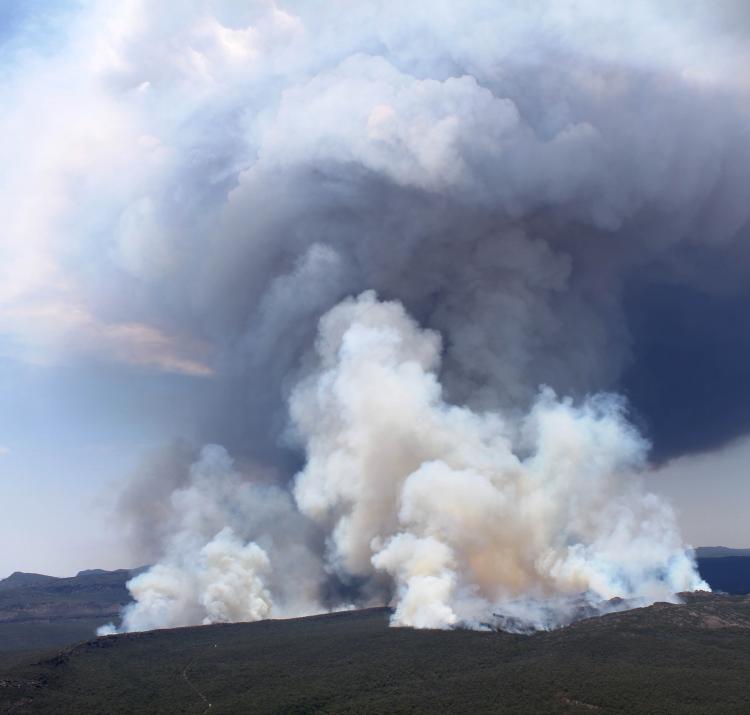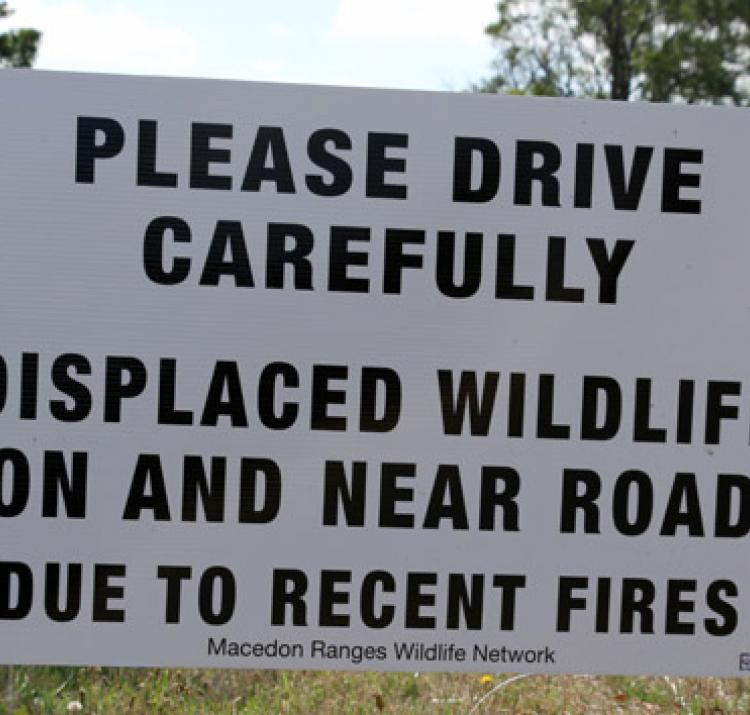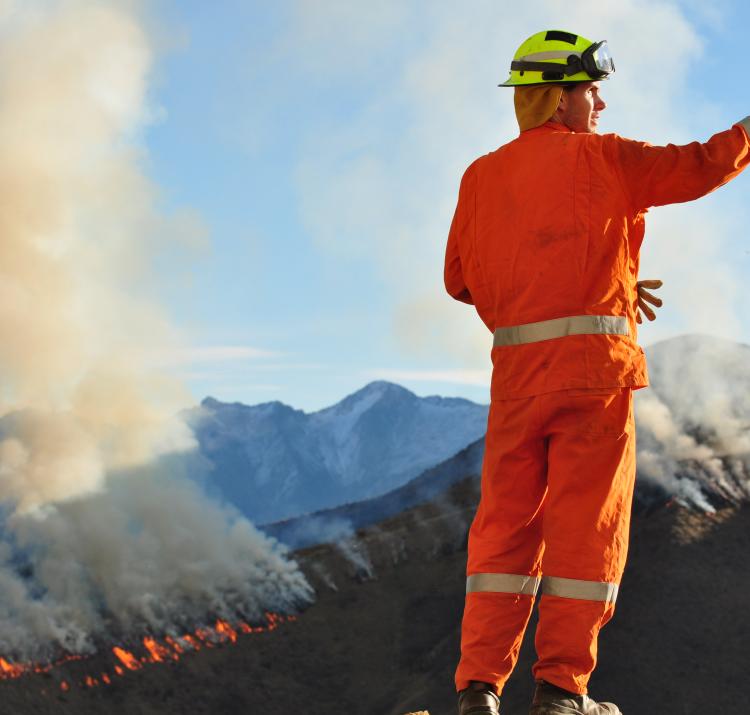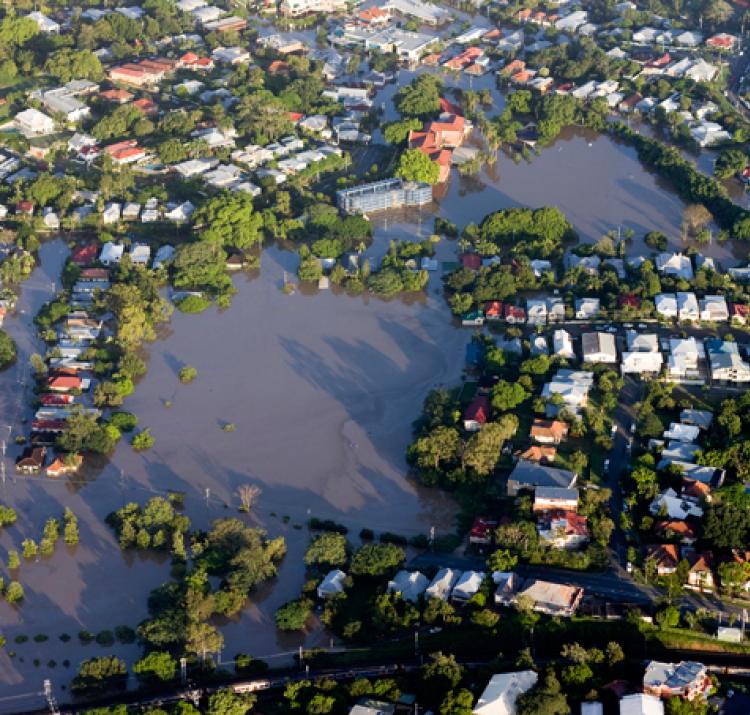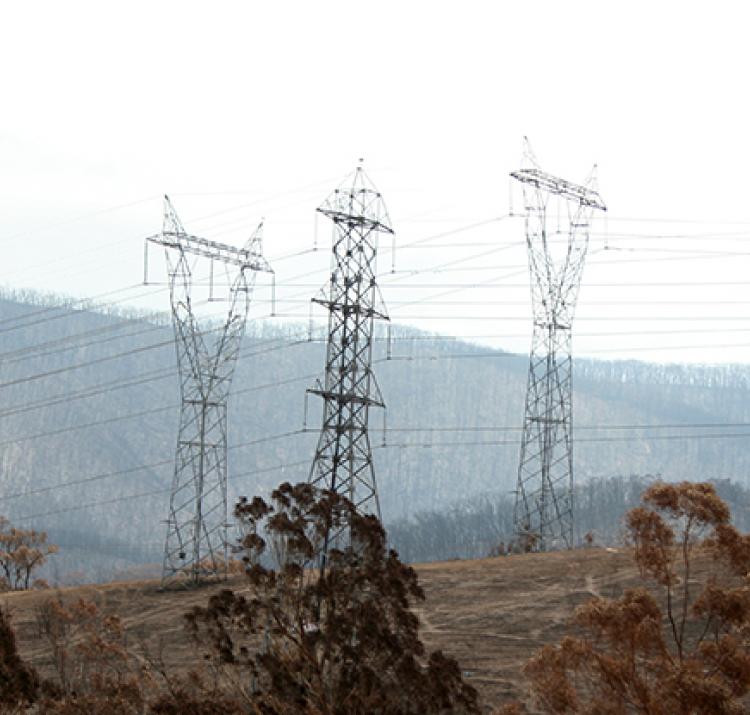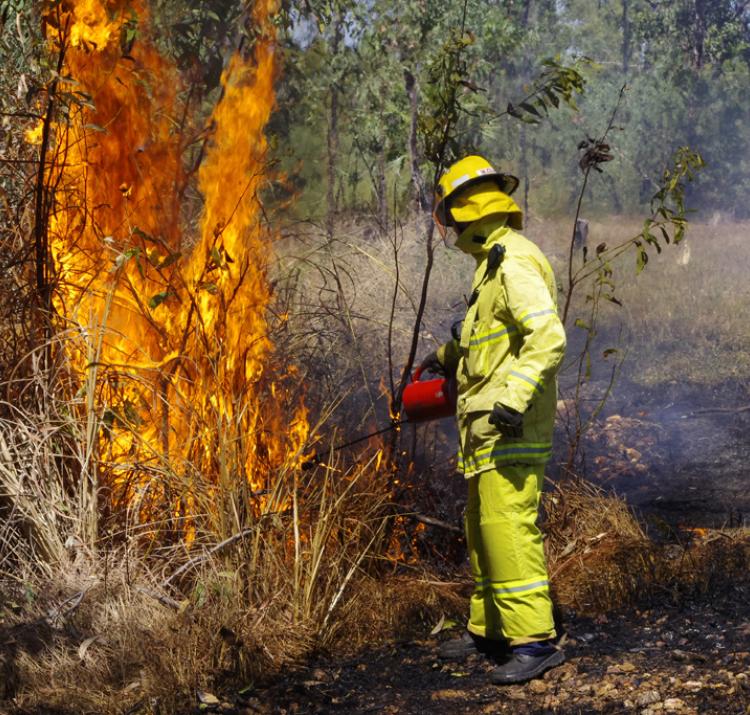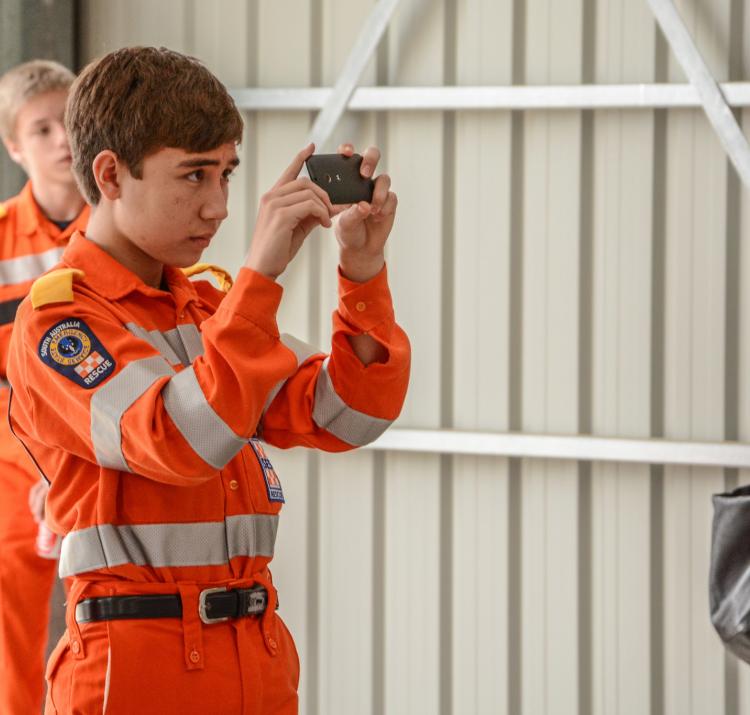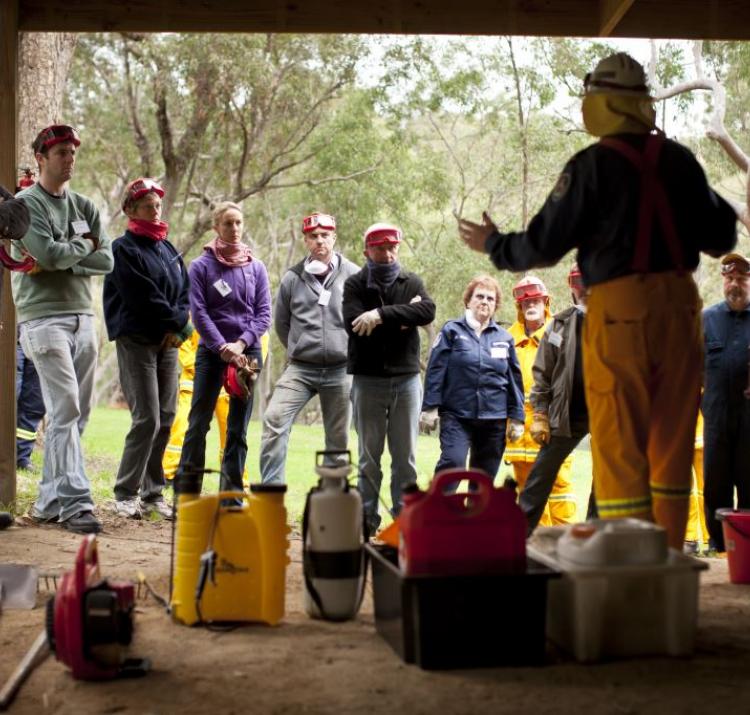
OUR RESEARCH
About Our Research
About our research
The focus of the Bushfire and Natural Hazards CRC reflects the impact of natural hazards on the Australian community and the need for emergency services, land managers, all levels of government and the private sector to understand a range of hazards more thoroughly.
The Bushfire and Natural Hazards CRC is conducting coordinated and interdisciplinary research. This includes working with communities to improve disaster resilience and reduce the human, social, economic and environmental costs from bushfires and other natural hazards.
The Bushfire and Natural Hazards CRC is undertaking research that supports the development of cohesive, evidence-based policies, strategies, programs and tools to build a more disaster resilient Australia. The funding enables the Bushfire and Natural Hazards CRC to provide a long-term research base that directly supports our emergency services and other government and non-government agencies as they work to prevent, prepare for, respond to and recover from natural disasters.
The Bushfire and Natural Hazards CRC, like the Bushfire CRC before it, is end-user driven. This means that the various emergency service agencies, departments and non-government organisations around the country that become partners have a significant say in the development and use of the research program.
In addition, the Bushfire and Natural Hazards CRC conducts specific commissioned research, outside of the main program, directly for partners and other clients. There is also funding for quick response to provide support for researchers to travel to areas affected by natural disasters to gain an understanding of the event, the impacts and to capture perishable data. Read more here and see work completed to date.
The use of the research by the end-users for the benefit of the broader Australian community is critical to whole process. This is one of the key drivers of the CRC.
The Bushfire and Natural Hazards CRC research program has been shaped to meet the extended requirements of its partners. Relationships have been developed between researchers and end-users to extend the scope of the program over time.
The program is structured into three major themes:
Download an overview of the research program (July 2017)
Download an overview of the postgraduate research program (August 2019)


